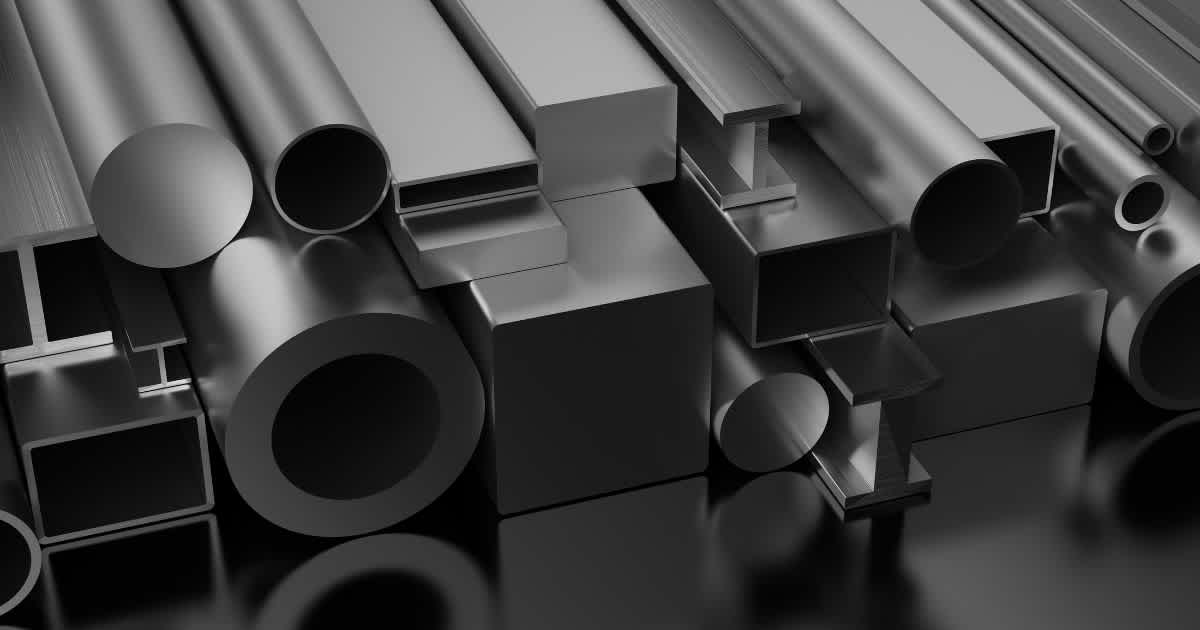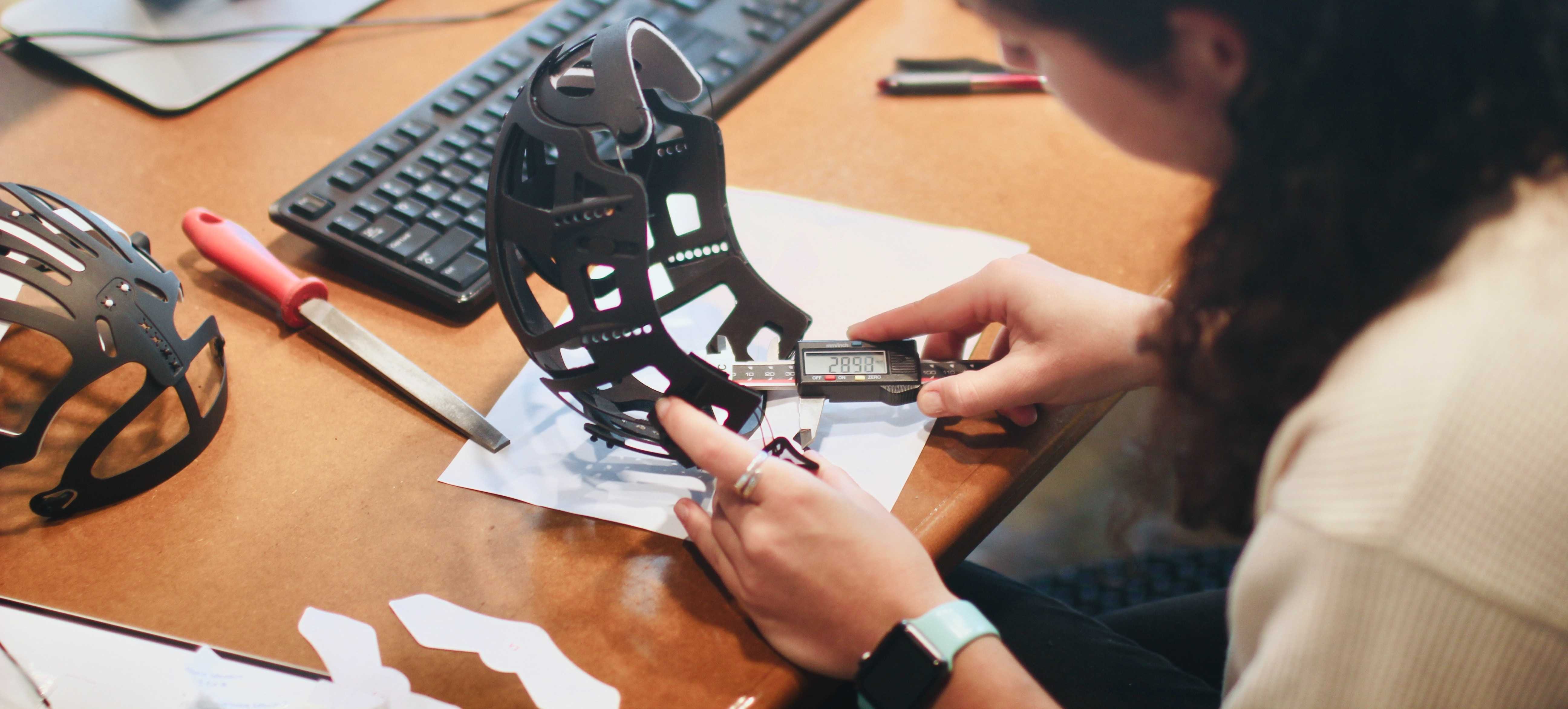What are OEM products? Meaning & advantages
Reading Time: 4 min.

OEM products have long been indispensable for many companies. Particularly in mechanical engineering and in industries with complex supply chains, they ensure quality, efficiency and innovation. Why are OEM products so strategically important for companies? And what should you pay particular attention to when selecting and working with OEMs?
OEM products: Meaning simply explained
OEM stands for ‘Original Equipment Manufacturer’, which means something like ‘original equipment manufacturer’. Specifically, an OEM manufactures products or components that are integrated into the products of another company. The end product does not usually bear the name of the OEM, but that of the company that sells it.
Essentially, OEM means that a manufacturer produces a part or assembly to exact specifications that another company integrates into its own machine, system or end product. OEM production often takes place in accordance with international quality standards such as ISO 9001 and is tailored to the needs of the processing industry.
OEM products are therefore not just parts, but strategic key components on whose quality and accuracy of fit entire production processes are based.
OEM in mechanical engineering and other industries
OEM production is widespread in mechanical engineering. Companies build complex systems consisting of hundreds of individual components. Whether motors, hydraulic units, control electronics, pumps or bearings - many parts are not manufactured in-house, but purchased from specialised OEM manufacturers or OEM companies.
This approach saves development time, reduces investment in in-house production capacity and makes it possible to rely on proven solutions. At the same time, it places high demands on the supply chain: components must match the overall design exactly, be internationally standardised and reach the assembly line on time. OEM products are often tested according to international standards and have CE markings or TÜV approvals in order to fulfil market requirements.
OEM is also common in the automotive industry, electrical engineering or medical technology. Think of airbag systems, battery modules or medical devices: many end manufacturers rely on OEM products because they depend on quality, certifications and a well-organised supply chain.
Examples of classic OEM products
Drive technology
Gearboxes, motors or couplings that are integrated into machines and systems.
Electronics
Control boards, sensors or displays that are produced by specialised OEM manufacturers.
Hydraulics and pneumatics
Valves, cylinders or pumps that are precisely matched to the intended application.
Machine components
Cast parts, axes or assemblies that are supplied with high precision.
5 good reasons for OEM products
1. high quality and standards
OEM manufacturers specialise in their products. They have state-of-the-art production facilities, tried-and-tested processes and certified quality management systems.
2. economic efficiency
Instead of building up their own production capacities, companies utilise the OEM's existing structures. This reduces investment, saves development time and enables a faster market launch. This is a decisive factor, especially in mechanical engineering, where components are often required in large quantities.
3. planning reliability
OEM products are standardised and have been tried and tested over many years. This minimises the risk of failures and reduces the cost of rework or complaints. The product documentation is comprehensive, which makes it easier to comply with standards.
4. innovative edge
Many OEM manufacturers continuously invest in research and development. As a customer, you benefit from new technologies without having to tie up development resources yourself. This means that improvements and upgrades flow directly into your production.
5. focus on core competences
By purchasing OEM products, you can concentrate on the areas in which your company achieves its greatest added value. Resources for design, quality assurance and logistics are utilised in a targeted manner instead of being spread across many product areas.
Possible disadvantages and challenges
Despite their many advantages, OEM products also bring with them some challenges. Companies may become strategically dependent on the OEM manufacturer - especially if the latter increases prices at short notice or if supply bottlenecks occur. In addition, individual adaptations are often only possible to a limited extent, as OEM products are usually manufactured in a standardised way.
The integration effort should also not be underestimated: Clear specifications, harmonised quality requirements and reliable delivery dates are necessary to ensure that an OEM part fits seamlessly into your own system. However, with a structured procurement process and an experienced partner such as Line Up, these risks can be recognised at an early stage and managed professionally.
OEM vs. ODM - what's the difference?
In addition to OEM, you often hear the term ODM (Original Design Manufacturer). Both models have similarities, but also significant differences:
With the OEM model, you as the customer supply the specifications and the design; the OEM produces according to your specifications. In mechanical engineering and in many industries, this is the preferred solution because companies want to implement their own design standards and retain maximum control.
With the ODM model, the manufacturer develops and designs the product itself and supplies it under your brand name. This solution can be interesting if you want to offer a product with little in-house development work.
In both cases, it is worth checking exactly how much influence you have over the design, materials and quality and which certifications the manufacturer can offer you.
Procure more efficiently with OEM products
OEM products are more than just bought-in parts. They are strategic building blocks for companies that want to produce efficiently, competitively and to a high standard of quality. This is because they make it possible to access specialised manufacturing expertise, exploit innovation potential and reduce costs at the same time.
However, if you only look at the price, you risk quality problems and delays. Instead, the key lies in a professional procurement process with clearly defined specifications, quality standards and reliable partners.
Line Up supports you in seamlessly integrating OEM products into your production. Contact us if you want to optimise your procurement, find new suppliers or secure existing supply chains.
Newsletter Registration
Sign up now for our free Line Up newsletter and stay up to date.





